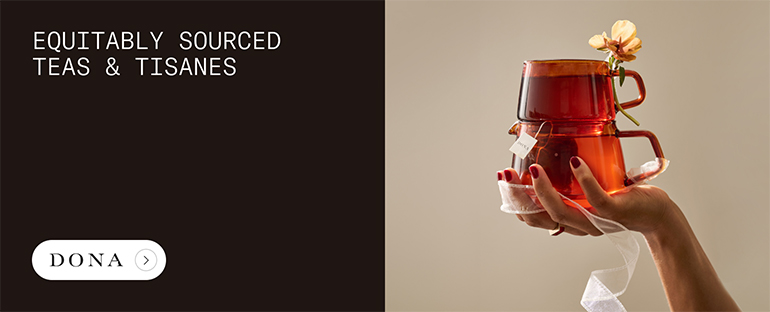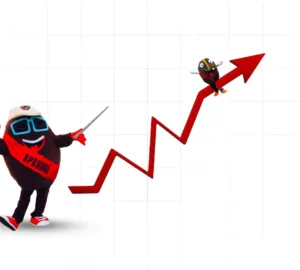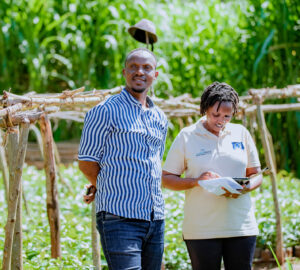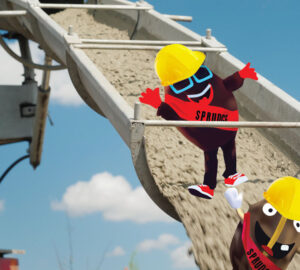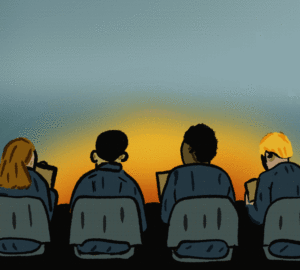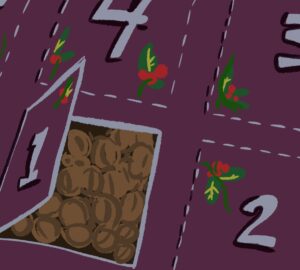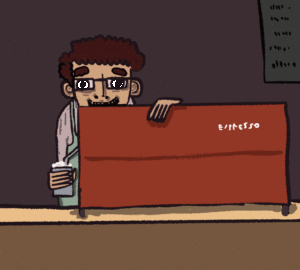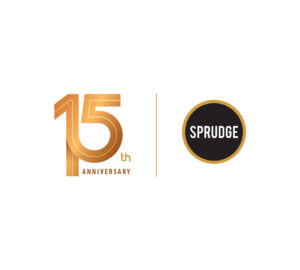Sprudge.com was recently contacted by the FNC (Colombian Coffee Federation) with regards to our recent coverage of the Twitter debate between Tim Wendelboe and Virmax: “Now Trending: Castillo, Chemicals, or Proper Management & Prevention?”
We received the following message from Luis Fernando Samper, Director of Intellectual Property for the Colombian Coffee Federation. We think it’s an important and fascinating addition to the ongoing debate over the Castillo varietal in Colombia, so we’re presenting Mr. Samper’s communique here in its entirety.
Dear Splurge:
Thank you for sharing this tweet debate. With all due respect, I do not agree with Alejandro´s assertion that “Castillo is highly productive but also a highly demanding tree in terms of chemical inputs. Is that sustainable?”. As he well knows both Castillo and Caturra are dwarf varieties equipped for high density plantations that require similar amounts of fertilization. I believe some may infer from this comment that fertilization is wrong, and therefore led to believe that to become sustainable you have to become organic and avoid fertilization. If fertilization was not to be done for coffee and for other crops, most people in the world would probably go hungry.
In fact, as many of your readers may know, susceptible-to-rust varieties like Caturra need to be fertilized AND, to keep control of the coffee leaf rust, need to get fungicides applied, at least four times a year. In fact, over the last several weeks we, at the Colombian Coffee Growers Federation (FNC), have provided fungicides to over 130,000 coffee growers (136,625 as of September 25th to be exact) so that they can control rust in their young and productive Caturra trees, and are also providing fertilizers so that they can recuperate their plantations. That is a lot of chemicals, but in a scenario where many growers lost significant production and income due to coffee leaf rust attacks in places and altitudes where rust did not get before, it is the best alternative for recuperate their home economy.
Of course there will always be growers that can keep the necessary discipline to invest in additional fertilization and fungicides to control rust. Our calculations show that, based on a seven year cycle, not only growers need to invest more in fungicides and fertilizers to upkeep their Caturra plantations (up to USD3,000 per hectare per year), but they also have to contend with lower productivity ( between 7 and up to 20%) even though they invested to control rust. If they fail to control rust by not applying the fungicides when they should, productivity losses are far more significant, reaching 40% or more. Nobody in Colombia forbids anybody to grow these varieties, but you surely realize that getting all Colombian coffee growers to apply all these chemicals in time and observing all the necessary precautions is not an easy task. Furthermore, growers that apply fungicides have to contend with the cans and bottles in which these products come in, an additional challenge as they need to be disposed of following certain protocols. There are many additional challenges, and FNC programs, directed to ensure that the health of coffee growers families and/or those hired to spray fungicides is not affected.
In short, economic, social, environmental and quality aspects do have an impact on the ability of 553,000 Colombian coffee growers to be competitive and provide outstanding products. These growers and their elected representatives in the Coffee Growers Committees require the FNC to come up policies and initiatives that will benefit them, including new varieties that safe money and improve their conditions. It is a huge responsibility that is not taken lightly, is not based in rumors and anonymous assertions but on facts and science.
We are all aware that sustainability is a very complex subject, and a brief look at the latest FNC sustainability report at Sustainability That Matters, also accessible though our site can show how complex it could be. Also, we find that bringing additional light by personally experiencing the actual implications of people´s opinions in the field is very useful. The Colombia Coffee Hub site intends to provide more information, with solid scientific evidence, on how the knowledge developed at origin can have an impact on sustainability.
Sincerely, Luis














